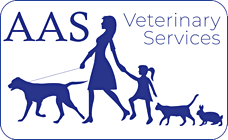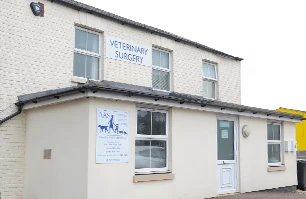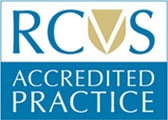Cats' nutritional requirements change according to their life stage, from kittens through to adults and senior cats.
Cats are obligate carnivores - they cannot be vegetarian. Home-prepared diets are complex and need to be balanced correctly. Feeding a commercial 'complete' diet provides all the nutrients in the correct amounts and proportions. Diets are available which cater for the specific needs of your dog, from being a puppy, to an adult and then senior.
Kitten diets
It is important that kittens have a diet specially designed for growing cats. These animals have requirements which are different from adult cats, and most reputable manufacturers now make 'growth' or 'junior' foods which supply the young cat with all the essential nutrients required for normal growth and bone development. It is better to stick to reputable brands as these are manufactured to strict quality control guidelines. Prepared mixed feeds available through other outlets, such as agricultural feed merchants, may not have the same quality control procedures applied. These may be cheaper than other commercial brands of cat food but they can have disadvantages. Some of these feeds have been shown to lack some essential diet components and may deteriorate if stored.
Growing cats
It is very dangerous to over-feed growing cats. This can result in severe and permanent damage to bones and joints. Steady, controlled growth should always be the aim. An over-fed young cat may remain obese, with bone and joint problems for the rest of its life.
Can cats be vegetarian?
No, cats differ from dogs and many other animals in being completely dependent on meat. A vegetarian diet would make your cat very ill.
Vitamin supplements
If you are feeding a correctly balanced diet, it is quite unnecessary to supplement - the cat receives no benefit.
How much to feed
Veterinary staff can weigh and condition score your cat to ensure that body development is progressing normally.
A fast growth rate should be avoided and young cats should be allowed to develop slowly if they are to avoid bone and joint problems later in life.
Most reputable cat feeds come with detailed charts showing the amount to feed. However, these recommendations are only guidelines - individual cats may require more or (quite commonly) a little less than that stated.
Extra supplements
If the breeder of your kitten gives you anything to supplement your kitten's diet see your veterinary surgeon and take the product along with you. You can discuss with your vet the current diet being fed and whether any supplements are required. Most breeders are well informed about dietary matters but some persist in following their own particular beliefs, which may not be scientifically validated.
The first step in keeping your cat healthy is establishing an appropriate diet. You may be bombarded with information in the first few days of owning a kitten. Let your vet help you select an appropriate diet for the needs of your pet.
Tips for rearing a healthy kitten
- Feed a complete food from a reputable manufacturer that is appropriate for your cat's age.
- Do not give any form of vitamin or mineral supplement to your cat except under specific veterinary advice.
- Avoid over-feeding young and growing cats








